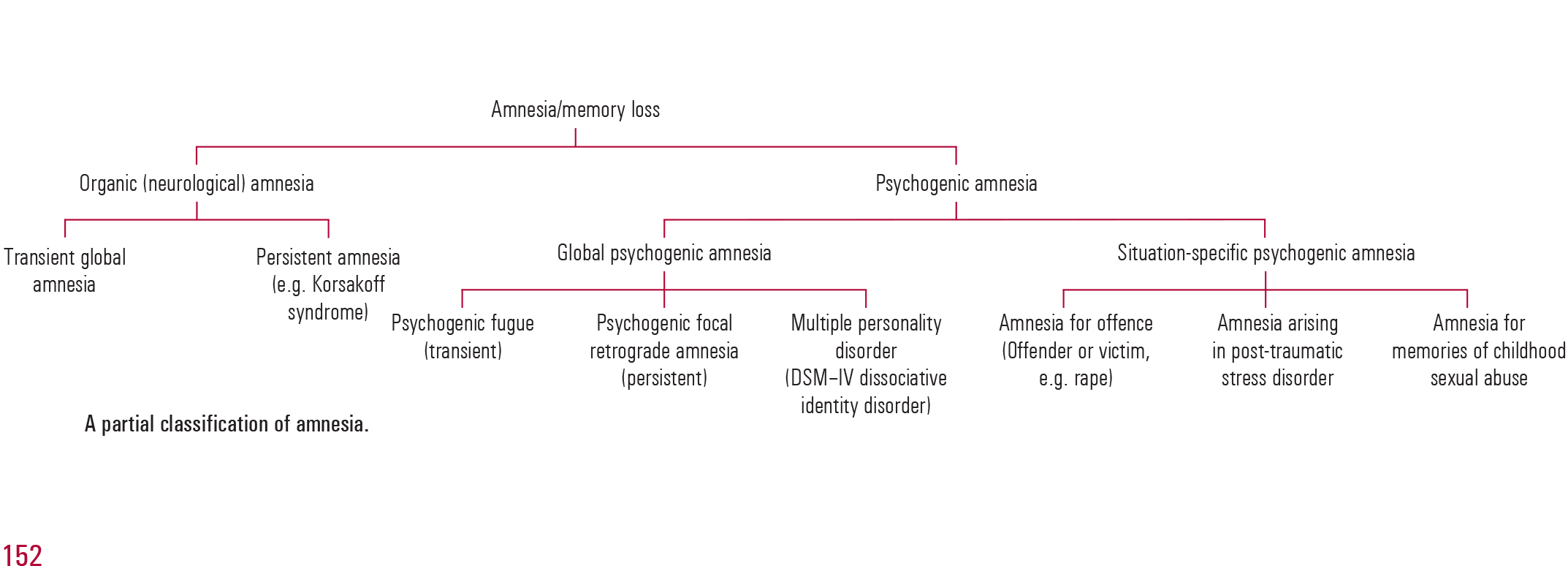


Alzheimer's disease first affects the part of the brain associated with learning, so early symptoms often include changes in memory, thinking and reasoning skills. In the later stages, memory loss becomes far more severe. The person with dementia may be aware of and frustrated by the changes taking place, such as difficulty recalling recent events, making decisions or processing what was said by others. It is marked by symptoms of dementia that gradually get worse over time. In the earlier stages, memory loss and confusion may be mild. There are different types of dementia, all of which are caused when the brain’s neurons become damaged or stop working. While dementia worsens over time, it is not a normal part of aging. 2: When people have age-related memory loss, they may. When people have Alzheimer’s, they forget what the keys are for. While dementia is a general term, Alzheimer's disease is a specific brain disease. Dementia is characterized by a cognitive decline that affects a person’s memory and ability to think, reason, problem-solve, and accomplish daily tasks. There are simple, respectful ways to describe the difference between Alzheimer’s and memory loss to a patient and his or her family: 1: When people have age-related memory loss, they may forget where they placed their keys. Limbic-predominant age-related TDP-43 encephalopathy.There are many different types and causes of dementia, including:

This article will go over the distinctions between amnesia and dementia and their clinical characteristics, symptoms, causes, and treatment/care requirements. Amnesia primarily affects memory, but dementia affects all higher brain processes. Alzheimer's disease is the most common type of dementia, but it's not the only one. Although both dementia and amnesia are disorders of the brain, they are not the same.


 0 kommentar(er)
0 kommentar(er)
